Am I setting myself up for failure with these roses?
perennialfan275
5 years ago
Featured Answer
Sort by:Oldest
Comments (31)
K S 7b Little Rock (formerly of Seattle)
5 years agoLilyfinch z9a Murrieta Ca
5 years agoRelated Discussions
Please help? Are there any pro's here? I am a failure.
Comments (34)Ok everyone! I had a quick sec to stop by and post a couple of pictures and what I think I found out for myself with my growing conditions and your guidance. I will be back with more pics. I was at an Orchid store yesterday and was talking to a girl who just so happens to grow the same 'Siam Jade" I have and told me she never has trouble with hers. In fact she has been able to get it to bloom twice. I went back and showed her the roots to one of mine and she told me to do emergency treatment now@!lol She said she uses just fine and medium Coco husk chips, something I have always been against,lol. Ok I thought I would give it a try since I had nothing to loose anyhow. It just so happens I had a block of it from previous years. I soaked it good and rinsed several time even though it was the original 'Sri Lanka' one and did an emergency pot on just one. Look at the difference today on it. This is what they both looked like before I started. I did rinse them off before this pic was taken so they look wet, but anyone who knows the roots of orchids real well can only imagine what they looked like dry! Notice the roots barely alive and very dehydrated. This is what they both looked like. This is what my orchid looks like after just one day of a better mix! Notice how the roots filled out and look hydrated. I have not seen this plant look this good since I have owned it. Now I need to repot the other before I loose it. Here is an extra seemingly doing better than it was in just one day:-) Ok, gotta go, but I will be back Thanks all Mike This one's roots plumped right up after one day and the leaves feel fantastic after days of trying to get them to look good!...See MoreAm I setting myself up for disaster?
Comments (2)Thanks for the reply. I will go ahead and finalize the project and hope for the best. In hidsight I know I should have angled the walls but I guess I just wasn't thinking at the time. I am not even sure that the roots would damage the utility lines (water and electricity in conduit) if it got down to them so maybe I have nothing to worry about anyway. In any case the planter looks great so I will chance whatever risks I am taking since it doesn't sound like there is too much potential trouble. Thanks again for the input. Matt...See MoreRefinishing filthy wood floors myself... Am I crazy??
Comments (4)My pleasure! It's nice to be able to help somebody with a real-life experience when I'm usually the one with hat in hand. A couple more hints: the U-Sand website has a "find a rental place near you" bit, but I discovered by accident that my local rental shop carried them and wasn't listed. Might be worth it to call in case that's the status for you as well. The sanding discs attach by velcro and I got the set up for $50 (24 hrs) plus $1.25 per sanding disc (so it's $5 per change of all four). I had just a wee kitchen to do, but it needed more work than it sounds you'll be doing. Total was probably around $80. May I also suggest you then finish with Waterlox? Do a search on this site for people's suggestion, but it's what I used and it's easy to apply, particularly if you get to do it before you have to live there. It's fumy (but not that bad) and best to let it sit for a day between coats. But it's as easy to apply as mopping, seriously. And repairable, unlike poly finishes. So you'll never have to sand again! Might come in handy with your darling tots. No kids here, but a nice mid-sized doggy who dribbles his water and prances around when the leash comes out 2x a day. Hasn't scratched yet, but I would just re-apply a bit there if he did. (and will put an overturned laundry basket on that spot so it can dry but not be stepped on. Just thought of that...) You'll do grand! And please let me know if I can help at all. No expert, but have just done it myself this summer. Here is a link that might be useful: Waterlox website...See MoreI can't bring myself to cut this up !
Comments (21)Toomuchglass: Yes it is a beauty! Since I am one that works with mostly china, some fine bone, most American made, I would say, it depends what you want to make with it. Personally, I would never use it for an outdoor mosaic. If you break the cup, then you might as well use the saucer. The beauty of the gold and ornate style in the handle, make it easy to cut. There are about 2 things I use the handles for. One would be a perch for a birdhouse or decorative focal point on top of the roof. Another thing I have made, since I love hearts and heart shapes, is mosaic wall plaques, and use the gold handles as pegs. I hang a potholder from one, and use the other one to display a hanging crystal. Now if it is bone china, the chances of being able to split it so that you can use one for half cup design to a substrate (I have done these also) then that would be a charm, but sometimes bone china shatters instead of splitting perfectly done the sides. The gorgeous gold feet and the rim, you can use with your mosaic if you use the handle, but the rose will be difficult to salvage. I had a couple displayed in a mosaic cabinet, but accidently broke the cup, and I saved the gold handle. You don't have to bother with dusting, all you do is run it under the water or dish water when you are done with your dishes, set to dry and place it back where you had it. I gave up dusting a long time ago?? Anyway, the handle is by far one of the prettiest I have ever seen!...See MoreMoses, Pittsburgh, W. PA., zone 5/6, USA
5 years agoUser
5 years agoprairiemoon2 z6b MA
5 years agolast modified: 5 years agomad_gallica (z5 Eastern NY)
5 years agoNHBabs z4b-5a NH
5 years agoHalloBlondie (zone5a) Ontario, Canada
5 years agoDingo2001 - Z5 Chicagoland
5 years agooursteelers 8B PNW
5 years agosummersrhythm_z6a
5 years agoPerma n’ Posies/9A FL
5 years agonippstress - zone 5 Nebraska
5 years agoClaire Z5 IL
5 years agoperennialfan275
5 years agolast modified: 5 years agoLisa Adams
5 years agoprairiemoon2 z6b MA
5 years agoperennialfan275
5 years agoprairiemoon2 z6b MA
5 years agolast modified: 5 years agoDingo2001 - Z5 Chicagoland
5 years agoprairiemoon2 z6b MA
5 years agolast modified: 5 years agomad_gallica (z5 Eastern NY)
5 years agoaltorama Ray
5 years agoperennialfan275
5 years agolast modified: 5 years agoVaporvac Z6-OhioRiverValley
5 years agoUser
5 years agolast modified: 5 years agomxk3 z5b_MI
5 years agomad_gallica (z5 Eastern NY)
5 years agosummersrhythm_z6a
5 years agolast modified: 5 years agoDingo2001 - Z5 Chicagoland
5 years ago
Related Stories
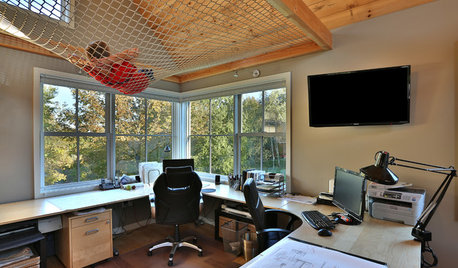
DESIGN PRACTICEHow to Set Up Your Design Studio at Home
Learn from an architect how to create a workspace that fuels your practice and feeds you inspiration
Full Story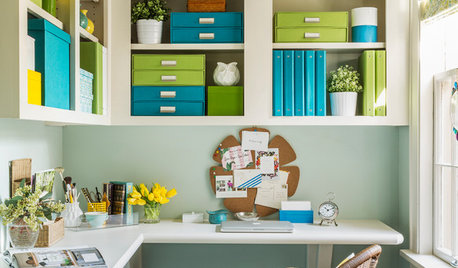
LATEST NEWS FOR PROFESSIONALSDesigning a Business: How Do I Set My Pricing Structure?
Design business coach Chelsea Coryell breaks down how home pros can determine what to charge for their services
Full Story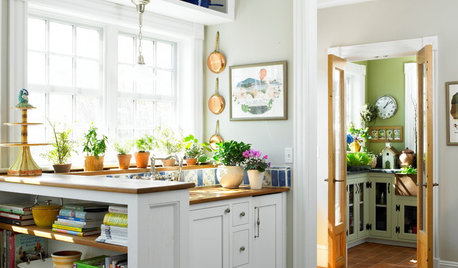
HEALTHY HOME12 Ways to Set Up Your Kitchen for Healthy Eating
Making smart food choices is easier when your kitchen is part of your support team
Full Story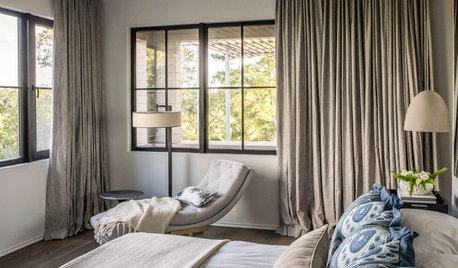
BEDROOMSHow to Set Up Your Bedroom Lighting for a Perfect Night’s Sleep
World Sleep Day is March 15. Here are 5 bright ideas for lighting your bedroom for optimal shut-eye
Full Story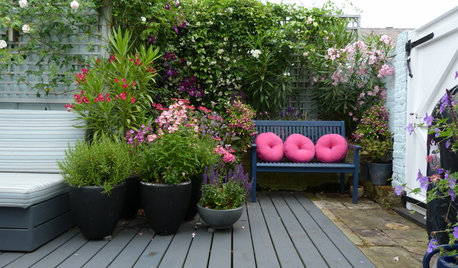
SHELTERING AT HOME4 Ways to Set Up Your Home to Reduce Stress Right Now
Organize your rooms to support working, exercising and relaxing during the pandemic
Full Story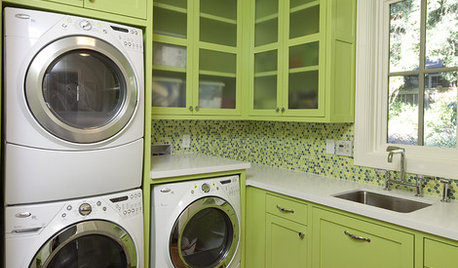
MORE ROOMSRooms I'd Like to See Wrapped Up as Gifts for the Holidays!
What Room Do You Have on Your Gift List This Year?
Full Story
FUN HOUZZEverything I Need to Know About Decorating I Learned from Downton Abbey
Mind your manors with these 10 decorating tips from the PBS series, returning on January 5
Full Story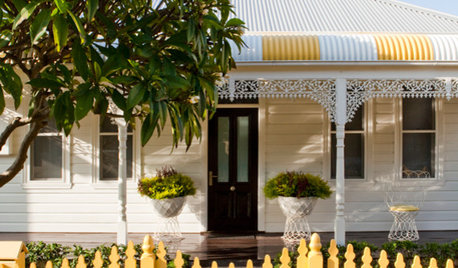
DECORATING GUIDESLighten Up — or Brighten Up — With Yellow
You can use this versatile color to create a buttery backdrop, add a zesty accent or make a bold design statement
Full Story
LIFEWhat I Learned About Moving a Loved One to a Retirement Home
Setting up an elderly family member’s apartment in an assisted-care facility is a labor of love for this Houzz writer
Full Story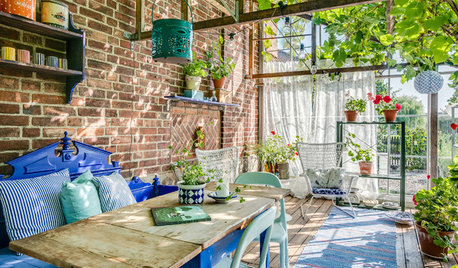
LANDSCAPE DESIGNCozy Up in These 10 Romantic Garden Seating Nooks
Secluded settings, twinkling lights and lush plantings set these inviting seating areas apart from the rest
Full Story





ken_adrian Adrian MI cold Z5